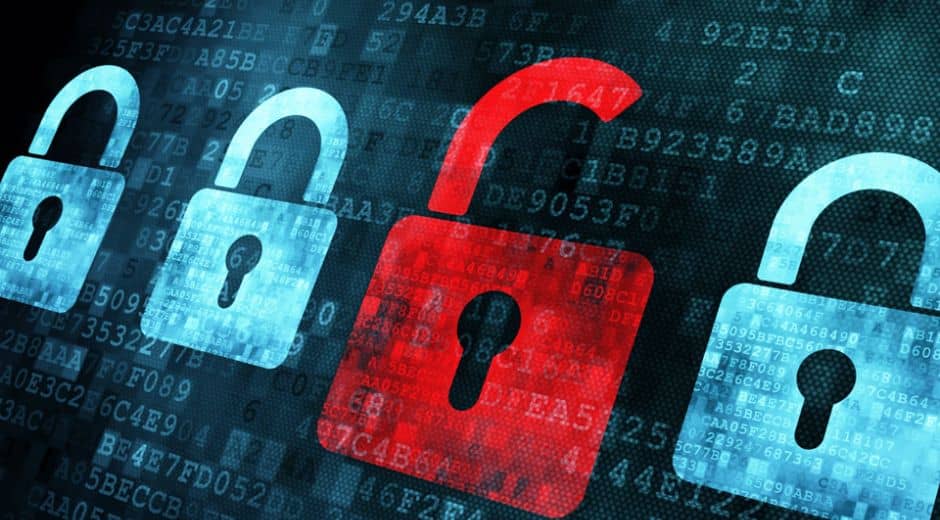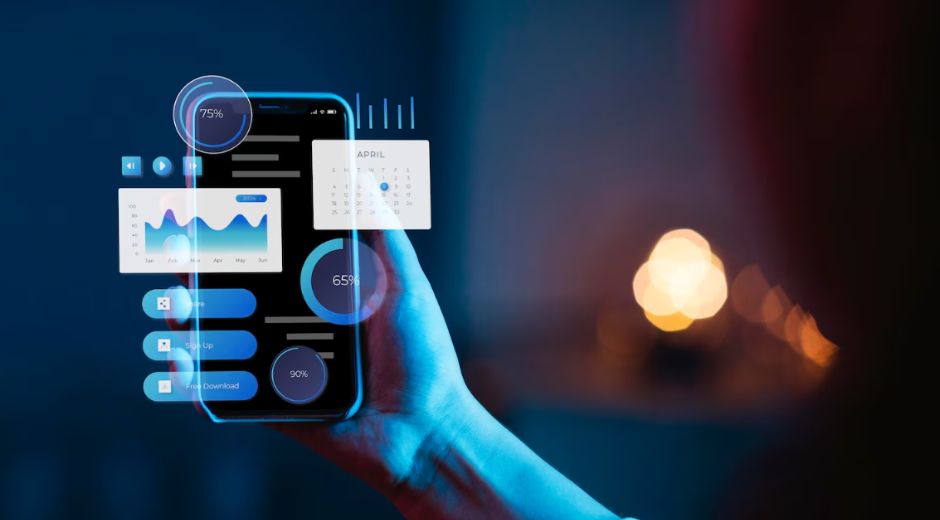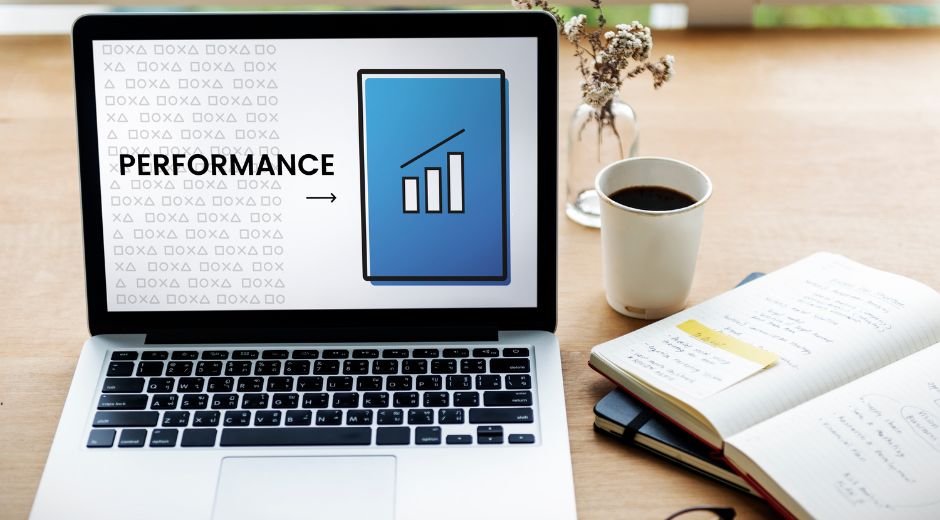Digital Security 2.0: Must-Know Apps Protecting Your Privacy
Digital Security 2.0: Must-Know Apps Protecting Your Privacy
In today’s hyper-connected era, where our personal and professional lives intertwine with digital platforms, the concept of Digital Security has evolved beyond simple antivirus protection. As we upload photos, share sensitive data, and manage finances online, protecting our digital footprint has become not just a precaution — but a necessity. The rise of innovative apps focused on privacy, encryption, and security marks a new age of empowerment for users worldwide.
The Evolution of Digital Security
In the early days of the internet, cybersecurity was largely limited to antivirus programs and firewalls. Fast forward to today, and Digital Security encompasses a much broader landscape — from mobile app permissions and encrypted messaging to biometric authentication and cloud protection. What once seemed like a technical afterthought is now an essential layer of digital well-being.
As cyber threats grow more sophisticated, companies are racing to create advanced tools that prioritize user privacy. Modern security apps are not just about defense — they’re about control, giving individuals the power to decide how, when, and where their information is used.
1. Password Managers: The First Line of Defense
Weak passwords are still one of the biggest vulnerabilities in Digital Security. A single compromised password can lead to cascading data breaches across multiple platforms. That’s why password managers like 1Password, Bitwarden, and Dashlane have become essential tools for anyone serious about privacy.
These apps generate complex, unique passwords for every site you use and store them in an encrypted vault. This ensures that even if one password is leaked, the rest of your accounts remain secure. Some password managers now include breach alerts, letting you know if your credentials have appeared in a data leak — giving you the chance to act before cybercriminals do.
2. Secure Communication Apps: Privacy in Every Message
Communication is at the core of our digital existence, but not all messaging apps protect your conversations equally. Signal, Threema, and ProtonMail stand out as champions of privacy, using end-to-end encryption that ensures only you and the intended recipient can read your messages.
With increasing global concerns about data surveillance, these apps represent the essence of Digital Security — confidential, encrypted, and user-controlled. They reject data mining, ad targeting, and unnecessary tracking, creating a safe digital environment for users worldwide.
3. VPNs: Shielding Your Digital Identity
A Virtual Private Network (VPN) is one of the most effective tools for protecting your online identity. It encrypts your internet traffic, masks your IP address, and hides your browsing activity from prying eyes — including hackers, advertisers, and sometimes even your internet provider.
Whether you’re working remotely or traveling abroad, VPNs like NordVPN, ExpressVPN, and ProtonVPN safeguard your connection from public Wi-Fi risks. For a deeper understanding of how VPNs contribute to online privacy, check out insights on Finance World Hub — a valuable resource for understanding data protection within the global economy.
4. Anti-Tracking Browsers and Extensions
Not all browsers are created equal when it comes to Digital Security. While mainstream options collect data for personalization, privacy-focused browsers such as Brave, Tor, and DuckDuckGo Browser prioritize anonymity and transparency.
These browsers block trackers, ads, and cookies that monitor your behavior. Many also feature integrated VPNs or “private modes” that go beyond simple incognito functions. Pairing these browsers with privacy extensions like uBlock Origin or Privacy Badger adds an extra layer of defense against unwanted data collection.
5. Data Encryption and Cloud Protection
For professionals and creators who rely on cloud storage, encrypting sensitive files is a must. Tools like Tresorit, Sync.com, and Cryptomator ensure that even if data is intercepted or hacked, it remains unreadable without your private encryption key.
In a world where data is the new currency, encryption acts as a digital vault — the heart of Digital Security. These platforms guarantee that you, and only you, hold the key to your files, offering peace of mind whether you’re storing personal photos or corporate contracts.
6. Biometric Authentication and Multi-Factor Security
The future of Digital Security lies in identity verification. Biometric authentication — fingerprints, facial recognition, and even voice patterns — has transformed how we protect our devices and accounts. Yet, even advanced methods need an extra layer of protection.
That’s where Multi-Factor Authentication (MFA) comes in. Apps like Authy, Google Authenticator, and Microsoft Authenticator generate time-based verification codes, ensuring no one can access your accounts without physical access to your device. When paired with biometrics, MFA creates a virtually unbreakable combination of convenience and safety.
7. The Rise of Privacy Dashboards
As digital ecosystems expand, users need more intuitive ways to monitor and control their privacy. Privacy dashboards, now integrated into many devices and operating systems, allow you to review which apps have access to your camera, microphone, and location.
Apple, Google, and Microsoft have introduced features that align with the modern Digital Security philosophy — empowering users through transparency. These dashboards provide visibility and control, turning privacy into an everyday habit rather than an afterthought.
8. Digital Hygiene: Small Steps with Big Impact
No app can replace good habits. Regular updates, cautious downloads, and smart sharing practices remain the foundation of personal Digital Security. Avoid connecting to unknown networks, verify app permissions, and periodically audit your digital accounts.
Websites like Techtazz offer practical guides and curated content to help users navigate the ever-evolving world of technology safely and intelligently. Staying informed is your most powerful defense against emerging threats.
The Human Side of Digital Security
Beyond technology and encryption lies the human element. Phishing, scams, and social engineering continue to target trust rather than systems. Learning to recognize suspicious messages or fake websites is as vital as having the latest security software.
In this sense, Digital Security is not only about protection — it’s about awareness. It’s the art of blending vigilance with innovation, ensuring that every online step we take is mindful, secure, and intentional.
9. The Future of Digital Protection
With AI-driven threats, deepfakes, and data exploitation rising, the next frontier of Digital Security will rely on artificial intelligence to fight back. Predictive algorithms will identify unusual patterns before breaches occur, while blockchain-based identity systems will redefine authentication standards.
Emerging tools will move us toward “self-sovereign identity,” where individuals fully own and control their digital personas. As privacy becomes a right rather than a privilege, the relationship between technology and trust will evolve into a new digital contract — one based on integrity and empowerment.
Final Thoughts
The modern world runs on information — and protecting that information is the cornerstone of digital independence. From encrypted communication to password management, the apps and practices shaping Digital Security 2.0 represent not just tools but a movement toward safer, smarter digital living.
In this fast-paced age, being informed, proactive, and tech-savvy is no longer optional. It’s the key to navigating the digital universe with confidence, resilience, and control.
Innovate Empower Elevate

Spatial Computing and the Shift Toward 3D Digital Workspaces
Spatial Computing and the Shift Toward 3D Digital Workspaces

Emerging Technologies That Will Shape The Tech Landscape
Emerging Technologies That Will Shape The Tech Landscape

Digital Infrastructure Powering Modern Technology Platforms
Digital Infrastructure Powering Modern Technology Platforms













